Brain Sciences, Free Full-Text
Por um escritor misterioso
Descrição
Mnemonic discrimination is the process of separating similar but distinct experiences and memories in the brain. This process seems to be differently modulated by retention periods that included sleep or only wakefulness. The current study was designed to explore whether a night of sleep may modulate emotional mnemonic discrimination. Thirty-eight participants performed the encoding phase of an emotional mnemonic similarity task composed of 48 negative, 48 neutral, and 48 positive pictures at 9 am (Wake group) or 9 pm (Sleep group). The encoding was followed by an immediate test (T1) in which participants were exposed to 36 targets (old), 36 foils (new), and 36 lures (similar) pictures, and they had to decide whether the pictures were old, new, or similar. Twelve hours later, they performed a delayed test (T2), similar to T1 but with different stimuli. Overall, performances decreased from T1 to T2. There were no differences between groups for recognition memories, whereas the reduction in mnemonic discrimination was more pronounced in the Wake group. Moreover, negative pictures were better discriminated that the neutral and positive ones. In conclusion, the current study showed that a night of sleep can stabilize mnemonic discrimination, regardless of the valence of the encoded stimuli, suggesting that sleep may not preferentially process emotional information.

Brain Sciences, Free Full-Text
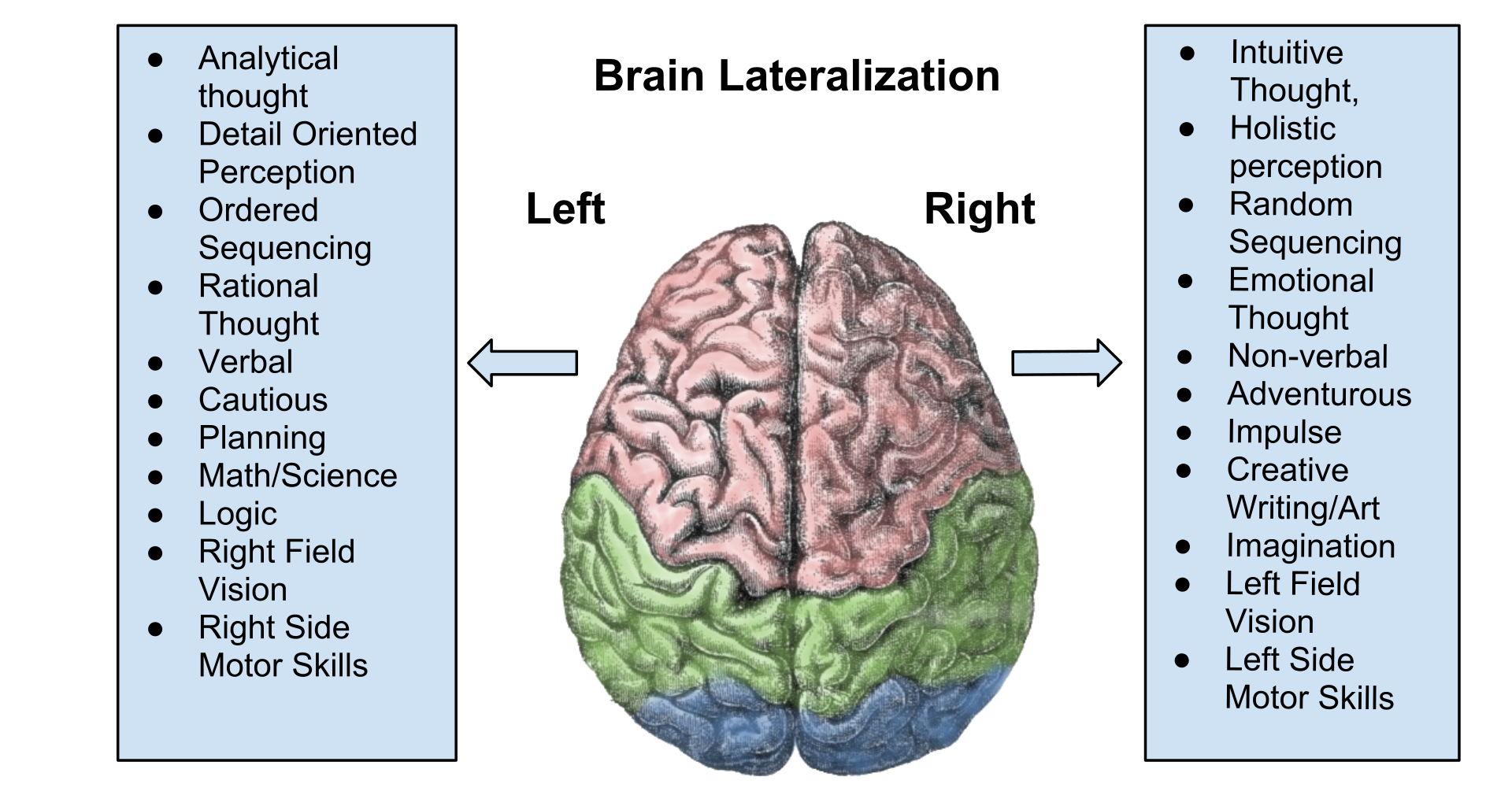
Split-brain - Wikipedia
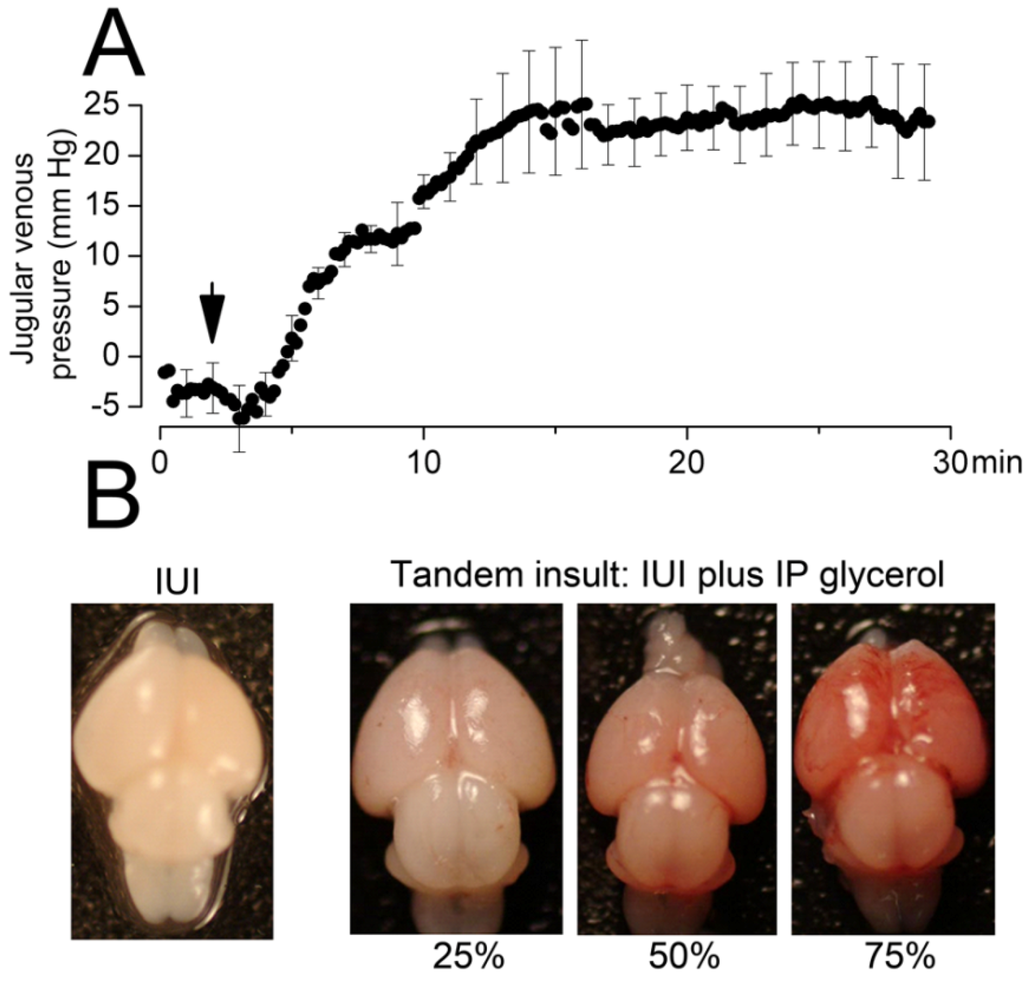
Brain Sciences, Free Full-Text

The gut-brain axis: New therapeutic approaches and R&D - Mergeflow
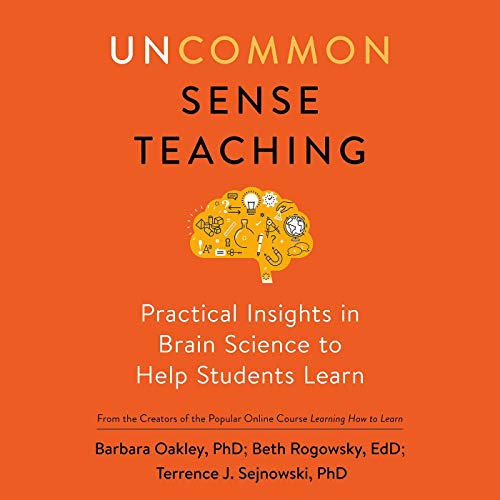
PDF* Free Read Uncommon Sense Teaching: Practical Insights in

MPI for Brain Research (@MpiBrain) / X
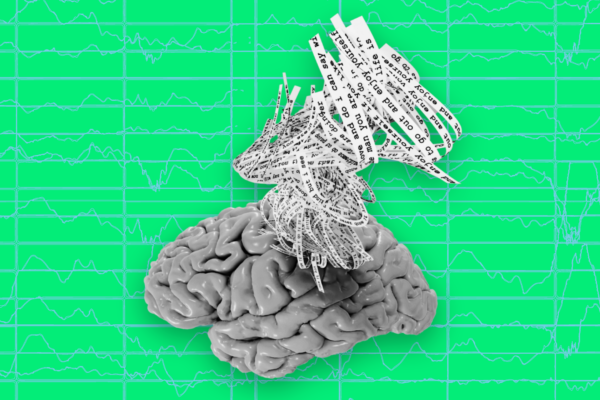
Brain Activity Decoder Can Reveal Stories in People's Minds - UT News
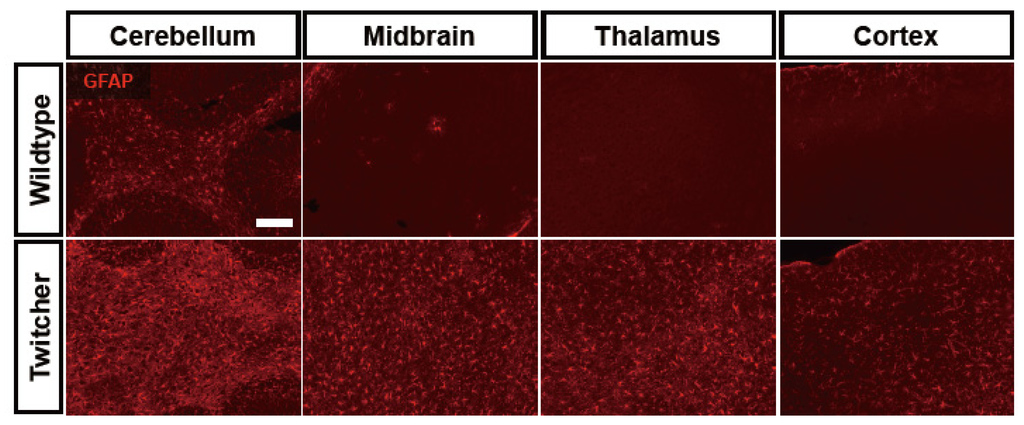
Brain Sciences, Free Full-Text
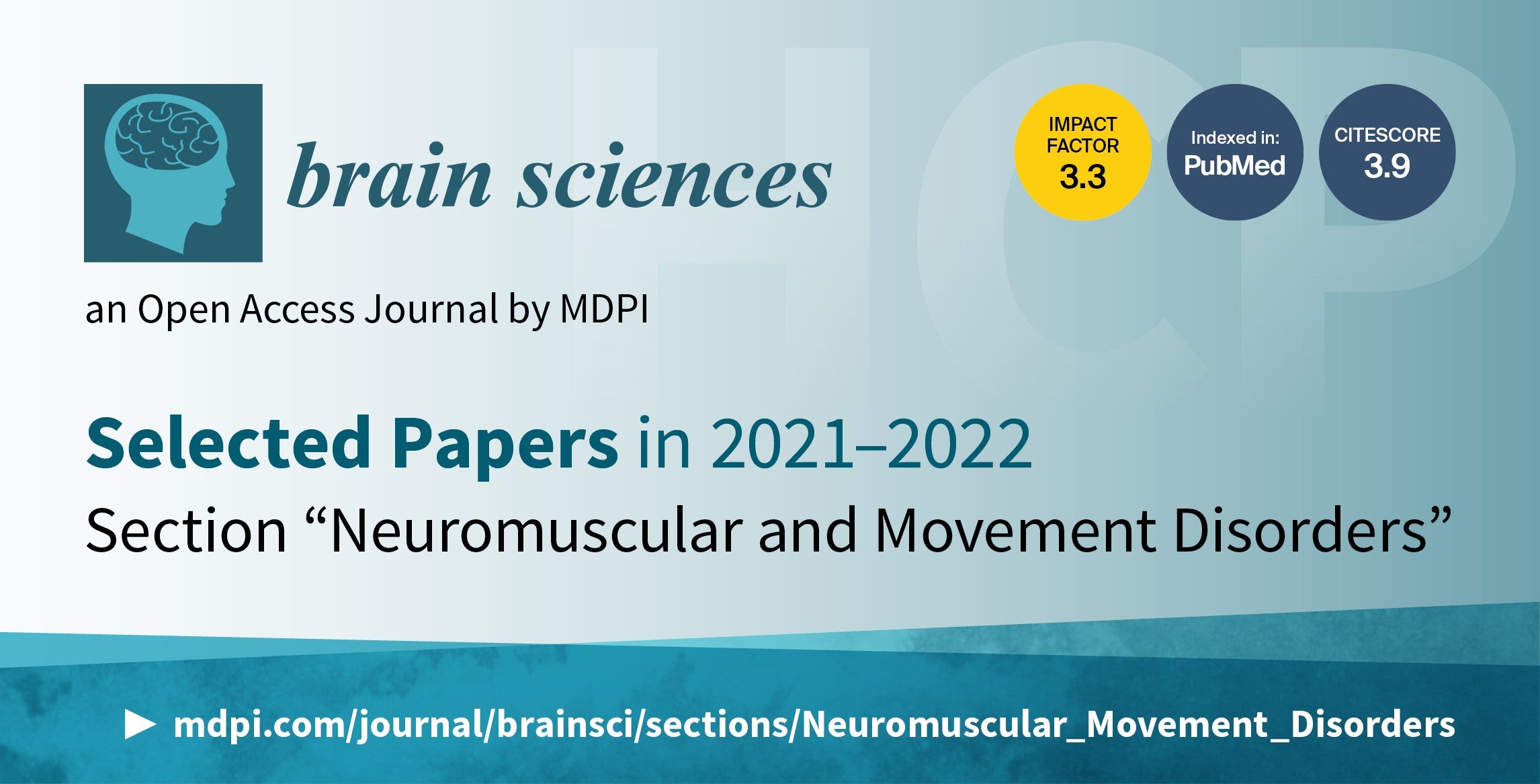
Brain Sciences
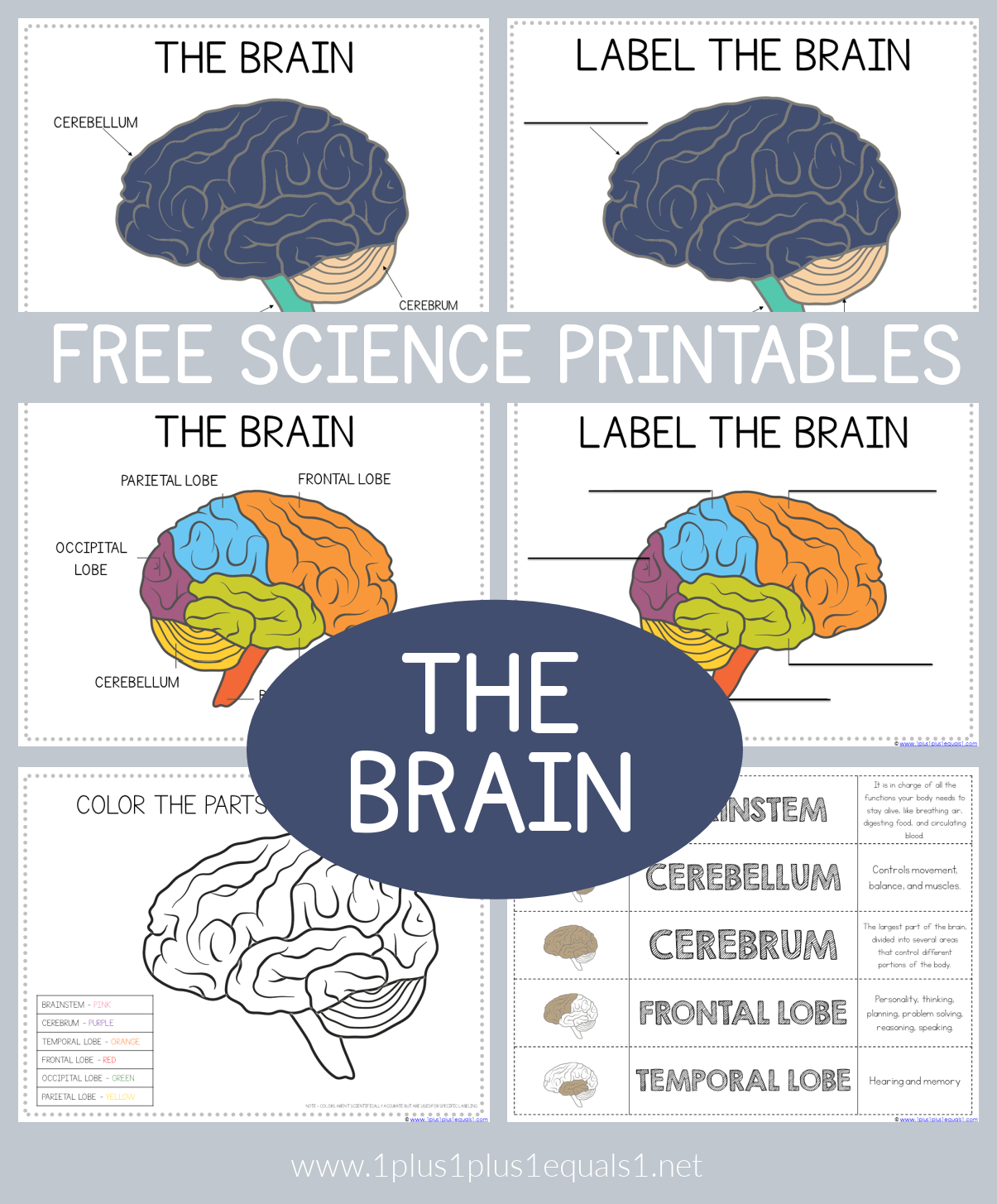
Life Science Printables - Parts of the Brain Worksheets - 1+1+1=1
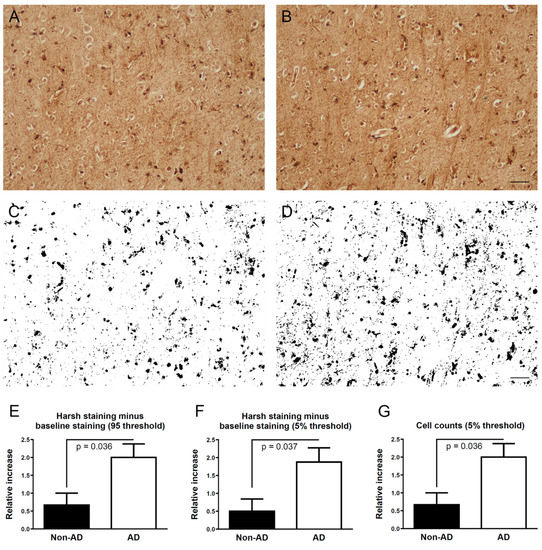
Suragani Fijian Song Download - Colaboratory
de
por adulto (o preço varia de acordo com o tamanho do grupo)






